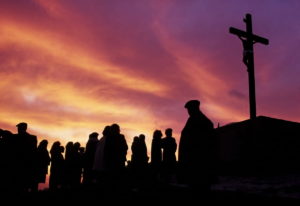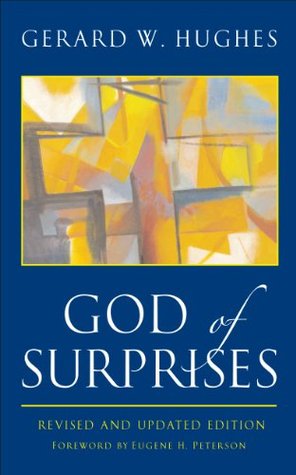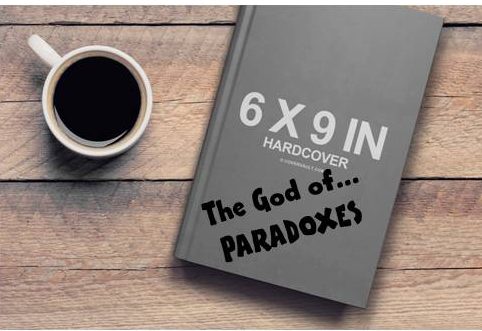The 2nd reading of this Sunday (He.5:7-9) gives us a text that is quite surprising:
 “In the days of His flesh, when He (Christ) had offered up prayers and supplications,
“In the days of His flesh, when He (Christ) had offered up prayers and supplications,
with vehement cries and tears to Him who was able to save Him from death,
and was heard because of His godly fear,
though He was a Son, yet He learned obedience by the things which He suffered.”
Taken one by one, the texts of Scripture give us messages that nourish our reflection.
But taken as a group, they can offer an overall picture that is quite challenging.
This is what I have found out when I gathered together some chosen texts.
“The Word became flesh.” (Jn.1:14)
“God sent his Son, born of a woman.” (Galatians 4:4)
“He (Jesus) went down with them (Mary and Joseph) and came to Nazareth, and was subject to them…
And Jesus increased in wisdom and stature, and in favor with God and men.” (Luke 2:51-52)
“My soul is troubled.” (John 12:27 – today’s gospel)
“He was troubled in spirit.” (John 13:21)
“Being in anguish, he prayed more earnestly,
and his sweat was like drops of blood falling to the ground.” (Luke 22:44)
« Father, into your hands I commit my spirit. »
When he had said this, he breathed his last.” (Luke 23:46)
This is our CREED – the faith in what theologians call ‘the mystery of INCARNATION.’
The mystery of a God so unlike what we perhaps think God should be!
A God who is born of a human mother.
A God who grows up like all children do.
A God who obeys human beings.
A God who is troubled and experiences great fear and anguish.
A God who dies as we will all do…
This is OUR God – so much like us in so many things…
Calling us to be like God… nothing less.
Note: Another reflection on a different theme is available in French at: https://image-i-nations.com/5e-dimanche-du-careme-annee-b-2021/
 We can imagine Mary, his mother, and John, near the cross. (Jn.19:25-27)
We can imagine Mary, his mother, and John, near the cross. (Jn.19:25-27)



